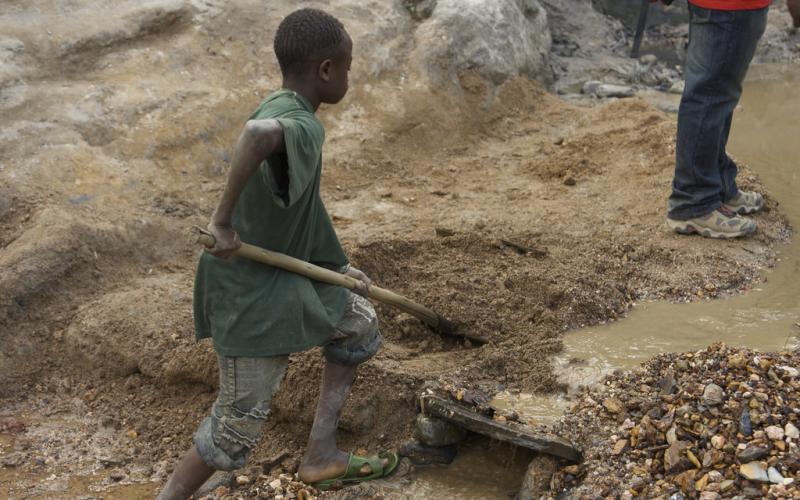
Helena Tendai Wilson
The term child work is often mistaken for child labour. It should be noted that not all work done by children under the age of eighteen is child labour. Child work refers to a minor’s salutary responsibility within the family. African Charter on the Rights and Welfare of the Child (ACRWC) article 31 notes that, ‘children have responsibilities towards their families and societies’. This means that children have the duty to work for the solidarity of the family and assist them in case of need. Light work may therefore be done by children as long as it does not interfere with their education and enjoyment of their rights. The idea being that child work within the family unit may be a positive experience that can capacity build them in terms of vocational skills as well as social adaptation.
On the other hand, child labour is a complex and systematic problem. The International Labour Organisation (ILO) defines child labour as work that deprives children of their childhood, their potential and their dignity, and that is harmful to physical and mental development. This means that any work performed by a child that is mentally, physically, socially or morally dangerous and harmful should be classified as child labour not exempting work that interferes with a child’s schooling. A good example of child labour is that of children who work in tobacco farms who get exposed to nicotine and toxic pesticides that pose a serious risk to their health. However, children’s participation in work that does not affect their health and education as well as depriving them of the chance to enjoy their rights is generally regarded as something positive that in turn contributes to children’s development. Child work equips children with skills that help them to be productive members of society and moulds them to be responsible citizens. For instance, children may be involved in activities such as helping around the house, assisting in a family business in a way that does not prevent them from going to school. However, if such work deprives children of their childhood, interferes with their schooling by depriving them of the opportunity to attend school, then that becomes child labour.
It is important for people to be able to distinguish between child labour and child work as not all work done by children should be classified as child labour that is to be targeted for elimination. Children may perform light work provided that is does not hinder their physical and mental development as well interfere with their education. In as much as children have responsibilities towards their families, it’s also important that the work they perform does not deprive them of their childhood or pose any danger to their wellbeing.
Disclaimer
The opinions expressed in this article are solely those of the authors and contributors, and do not necessarily reflect those of RNCYPT, board of trustees, or the organization to which the authors are affiliated.

Going through this article, I just want to thank the writer and also state that in Africa when you talk about child Labour, it is real and very rampant, you can find it in the cities, urban and many cottages and villages in Africa.
Working in tobacco farm is one of them, using the children to fish on sea, lakes, lagoons, hunting, farming etc without being enrolled in school is very dangerous.
Someone may ask, if my child attends school but I also uses him or them to assist me for fishing early morning or after school hours, have I committed any offence? Yes, you did commit a crime.
People using their children or other people’s children to assist them on lake before coming to school, when you visit schools, you will surprise seeing those children always sleeping during class hours. Some don’t attend school.
A child working in hazardous environment such as on oceans, Lakes, Lagoons, Hunting, Farming etc is very dangerous and must not be countenance.
I was once a victim and not interested to use my children to do that work.
I can train my child to start learning something just like in stores, light works etc and must be done after school or early before going to school but not to deprive him from school, not interfere with his or her lessons and most importantly not to put the child Life in danger.
This is very simple and has to be understood by many parents or guardians who uses the children for their personal gains.
Good job.
I understand now